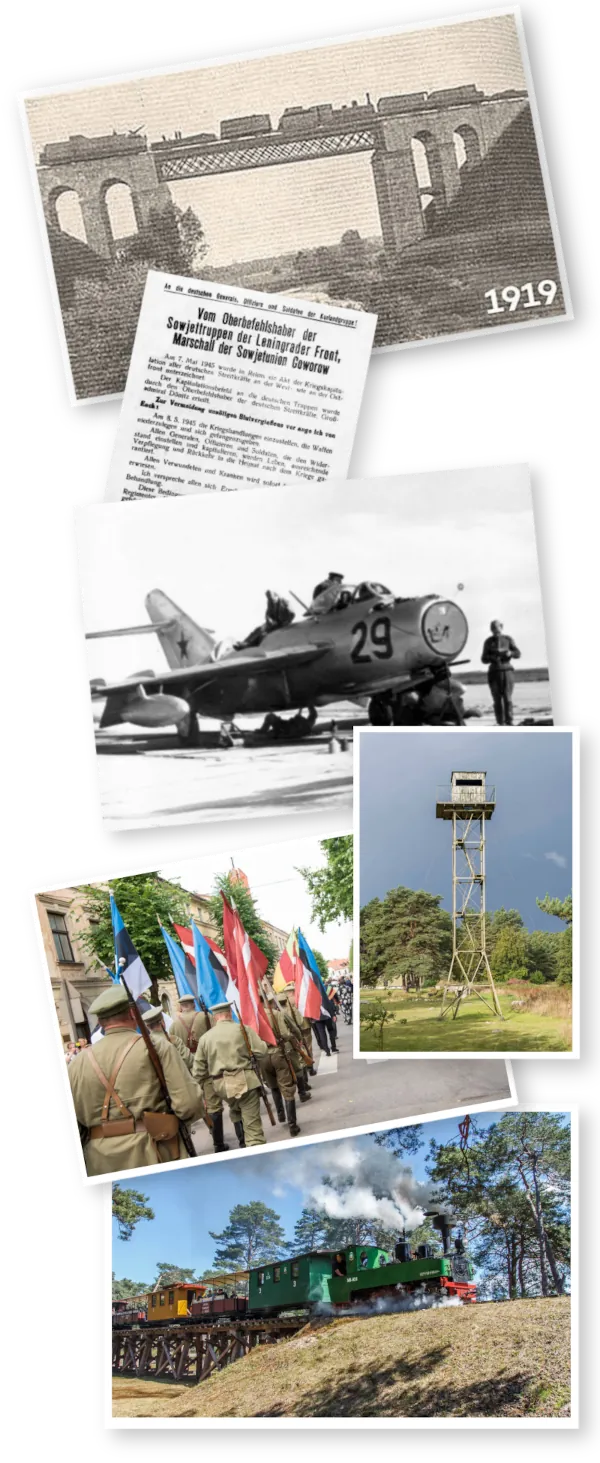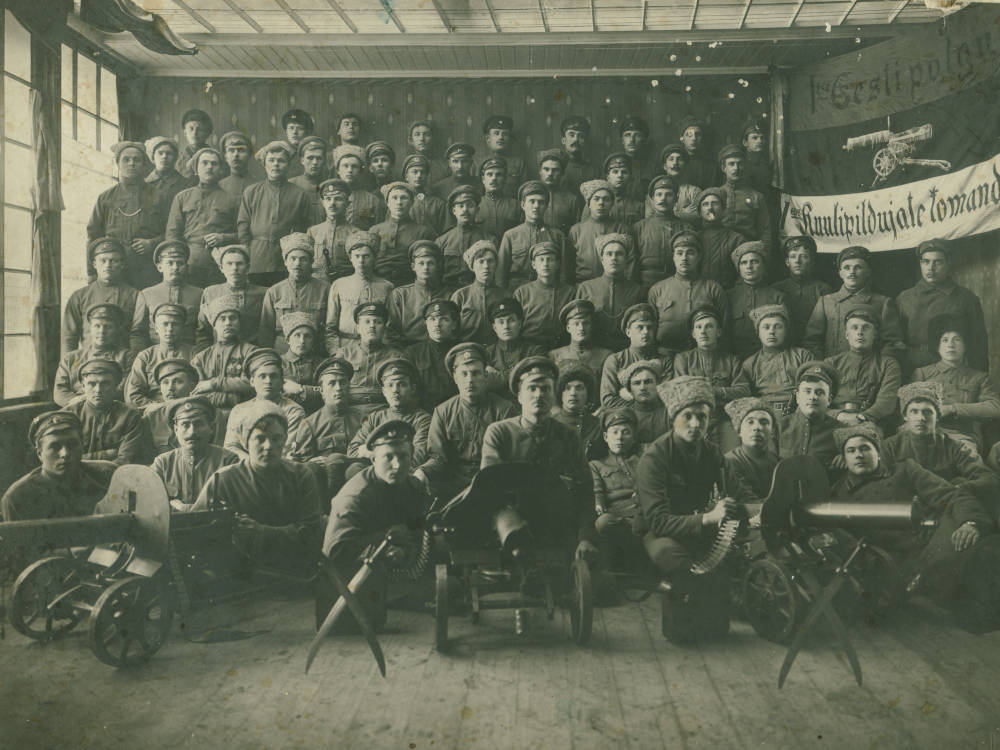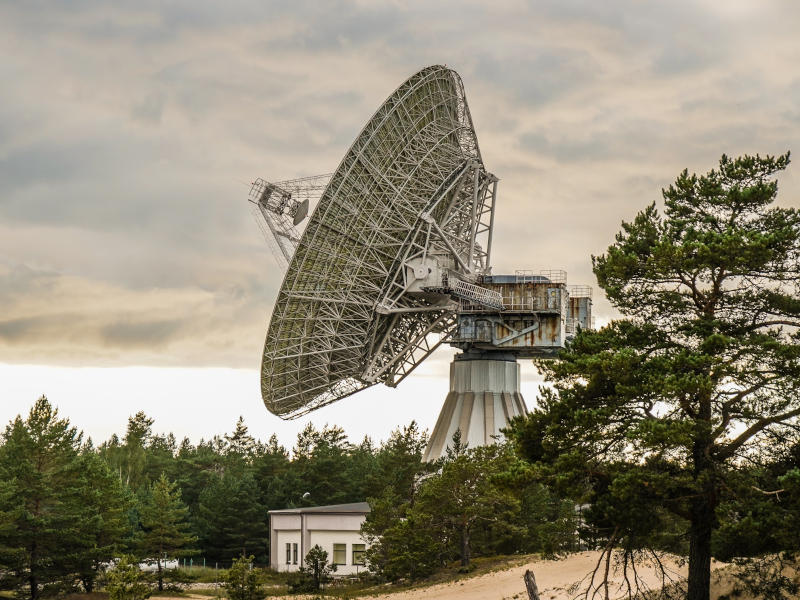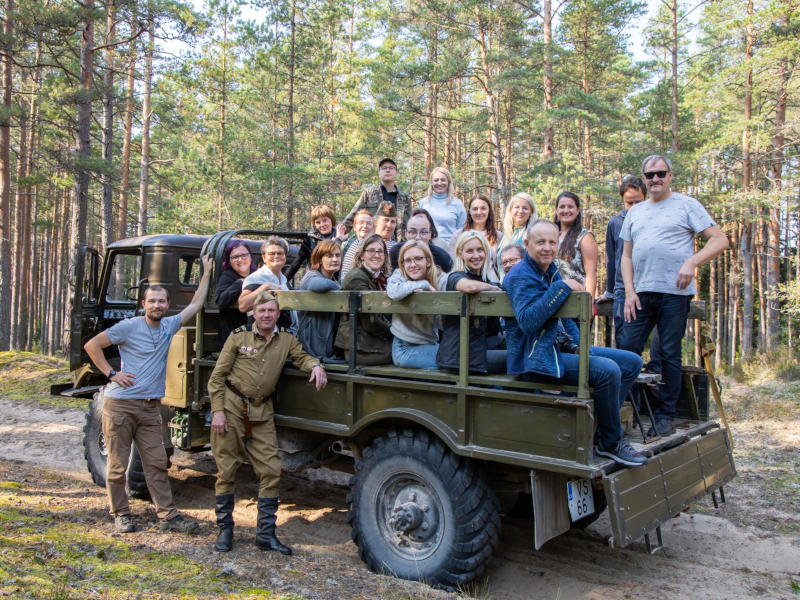Wir möchten Sie einladen, auf einer Reise durch Litauen, Lettland und Estland Militärerbe-Objekte zu besuchen, die in die Zeit vom Ausbruch des Ersten Weltkrieges 1914 und der Erlangung der staatlichen Unabhängigkeit alle drei Länder 1918 bis zu ihrer Wiederherstellung 1990/1991 zurückreichen. Dazu zählen Museen, Festungswerke, militärische Ausrüstung, Pfade, Bunker, Schlachtfelder, Garnisonsstädte, militärische Infrastruktur und Erinnerungsstätten.
Zu den militärhistorischen Stätten gibt es Beschreibungen, Erinnerungsberichte, historische und aktuelle Fotos, touristische Angebote und Routenempfehlungen. Außerdem sind Informationen zu einer Vielzahl weniger bekannter und seltener besuchter Stätten enthalten, die dennoch zu den bedeutenden militärhistorischen Zeugnissen in Litauen, Lettland und Estland gehören.

Facebook news feed

Project LL-00052 “Extending the Baltic military heritage tourism product in Lithuania and South Latvia" (Military Heritage II) is being implemented with the support of the European Union Interreg VI-A Latvia–Lithuania Programme 2021- 2027. This website has been produced with the financial support of the European Union. Its contents are the sole responsibility of project partners and do not necessarily reflect the views of the European Union.
Project EE-LV00094 “Improved Accessibility of the Latvian-Estonian Military Heritage Tourism Product" (MIL-HER ACCESSIBLE) is being implemented with the support of the European Union Interreg VI-A Estonia–Latvia Programme 2021-2027. This website reflects the views of the author. The managing authority of the programme is not liable for how this information may be used.






























